| Model: | MOS 87616-84-0 |
| Place of Origin: | Zhejiang,China (Mainland) |
| Name: | Growth hormone releasing peptide |
| CAS: | 87616-84-0 |
| Molecular Formula: | C46H56N12O6 |
| Brand: | MOSINTER |
| Product Categories: | Peptide;Peptides |
| Molecular Weight: | 873.01 |
| Synonyms 1: | (D-TRP7,ALA8,D-PHE10)-ALPHA-MSH (6-11) AMIDE |
| Synonyms 2: | GROWTH HORMONE RELEASING PEPTIDE-6 |
| storage temp: | -20°C |
- Have any questions?
- +86-189 8930 5995
- sales@mosinterchem.com.cn
CAS 87616-84-0

Sultamicillin tosilate CAS 83105-70-8
05/12/2018
Tazobactam acid CAS 89786-04-9
05/12/2018CAS 87616-84-0
Polypeptide; Peptides; Pharmaceutical raw materials; Peptide; Polypeptide intermediates
GHRH stimulates GH production and release by binding to the GHRH Receptor (GHRHR) on cells in the anterior pituitary.
GHRH expression has been demonstrated in peripheral cells and tissues outside its main site in the hypothalamus, for example,
in the pancreas, epithelial mucosa of the gastrointestinal tract and, pathologically, in tumour cells.
The GHRHR is a member of the secretin family of G protein-coupled receptors, and is located on chromosome 7. This protein
is transmembranous with seven folds, and its molecular weight is approximately 44 kD.
GHRH binding to GHRHR results in increased GH production mainly by the cAMP-dependent pathway,but also by the
phospholipase C pathway (IP3/DAG pathway), and other minor pathways.
The cAMP-dependent pathway is initiated by the binding of GHRH to its receptor, causing receptor conformation that activates
Gs alpha subunit of the closely associated G-Protein complex on the intracellular side. This results in stimulation of
membrane-bound adenylyl cyclase and increased intracellular cyclic adenosine monophosphate (cAMP). cAMP binds to
and activates the regulatory subunits of protein kinase A (PKA), allowing the free catalytic subunits to translocate to the
nucleus and phosphorylate the transcription factor cAMP response element-binding protein (CREB). Phosphorylated CREB,
together with its coactivators, p300 and CREB-binding protein (CBP) enhances the transcription of GH by binding to CREs
cAMP-response elements in the promoter region of the GH gene. It also increases transcription of the GHRHR gene,
providing positive feedback.
Some Ca2+ influx is also a direct action of cAMP, which is distinct from the usual cAMP-dependent pathway
of activating protein kinase A.
Activation of GHRHRs by GHRH also conveys opening of Na+ channels by phosphatidylinositol 4,5-bisphosphate,
causing cell depolarization. The resultant change in the intracellular voltage opens avoltage-dependent calcium
channel, resulting in vesicle fusion and release of GH.
You must be logged in to post a review.

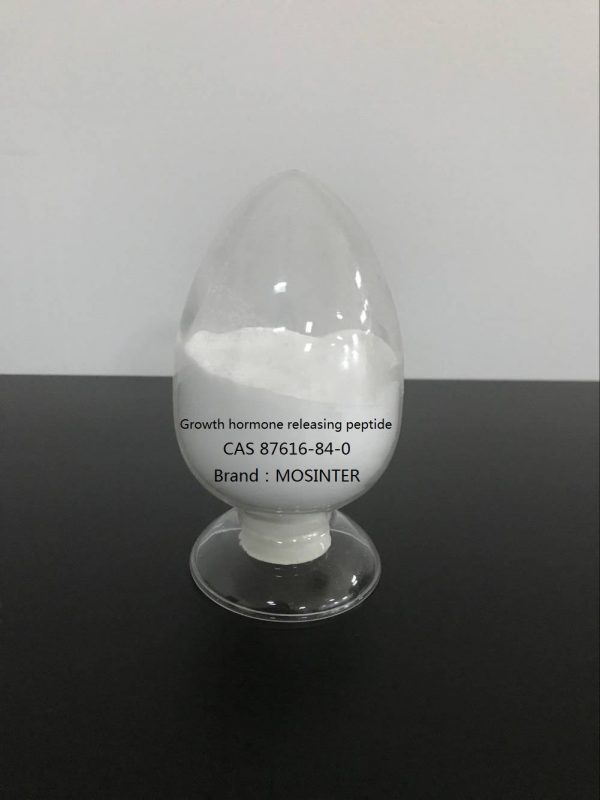
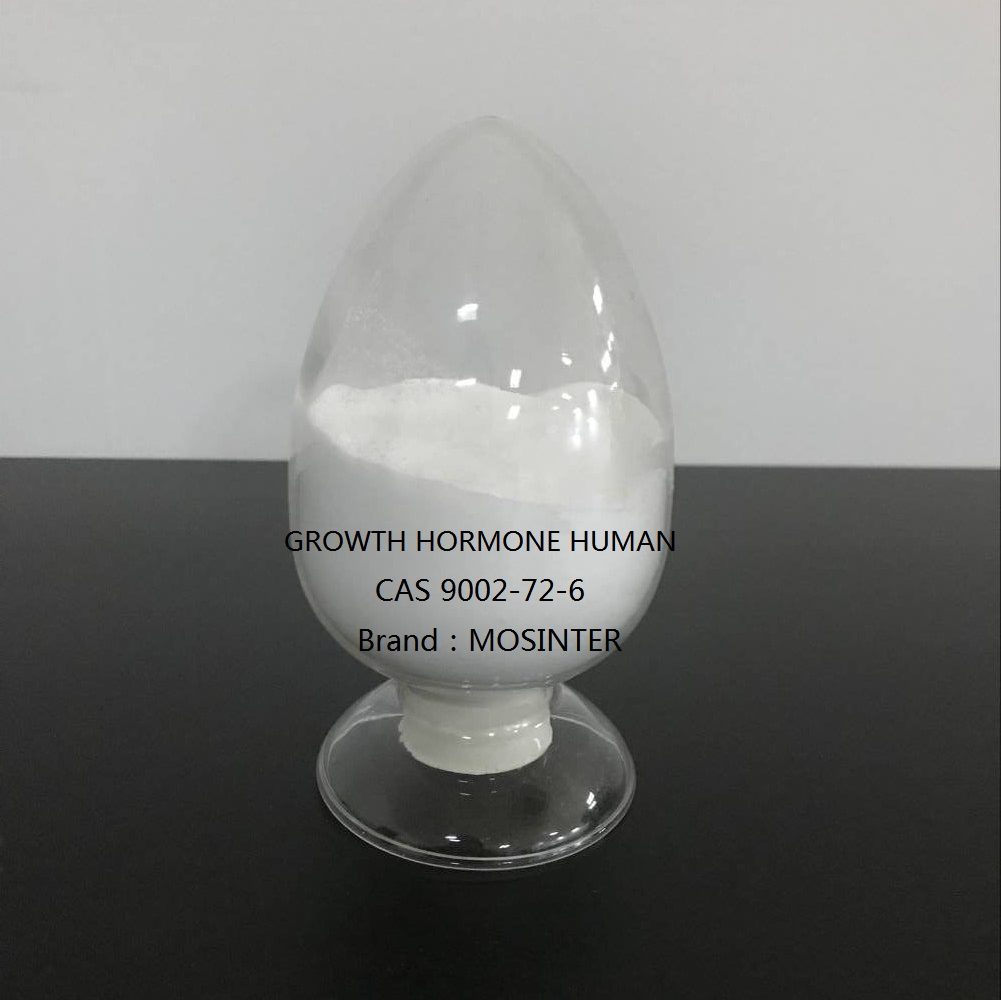
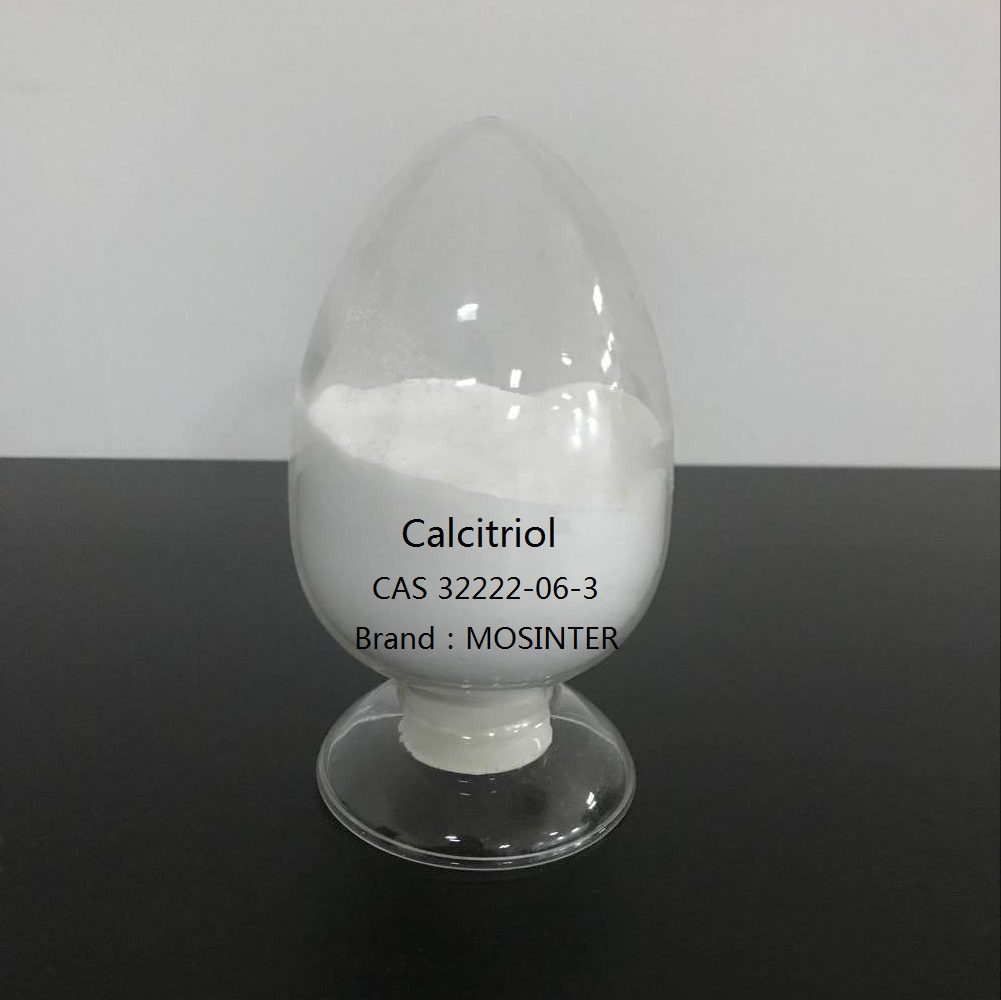
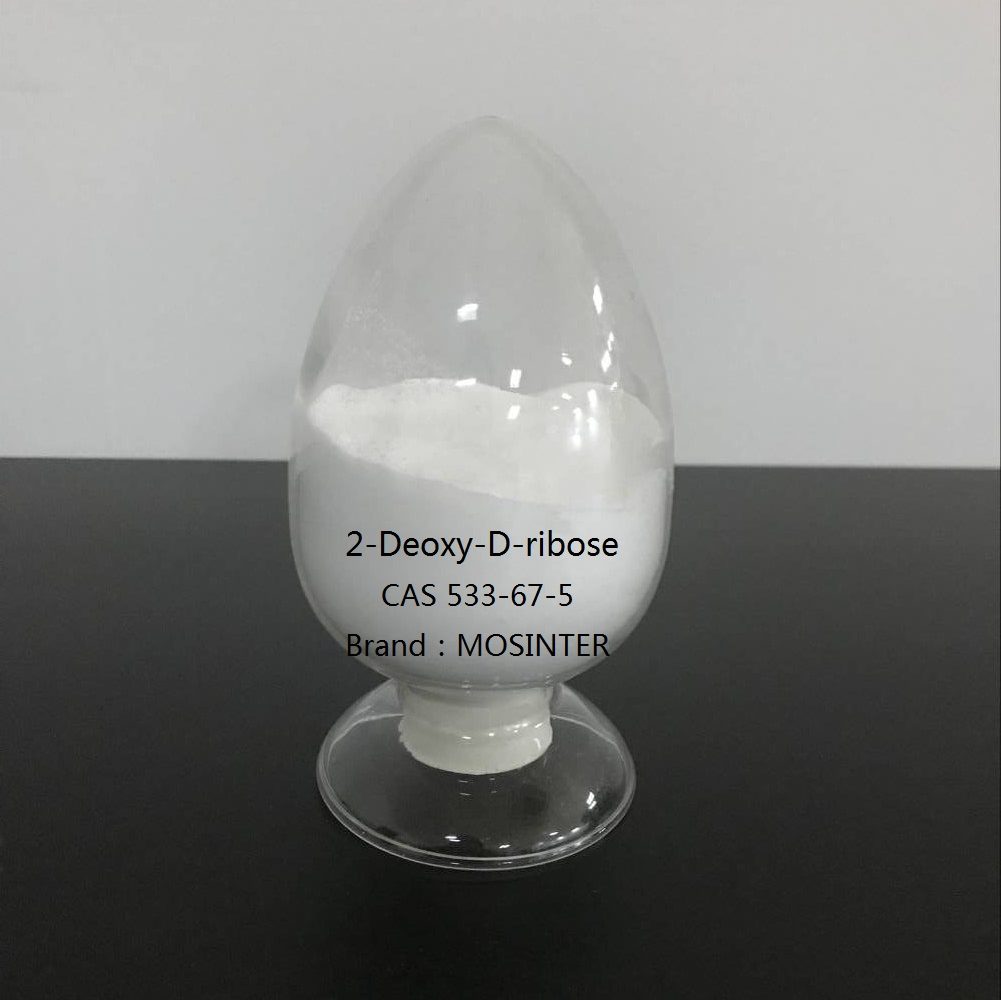
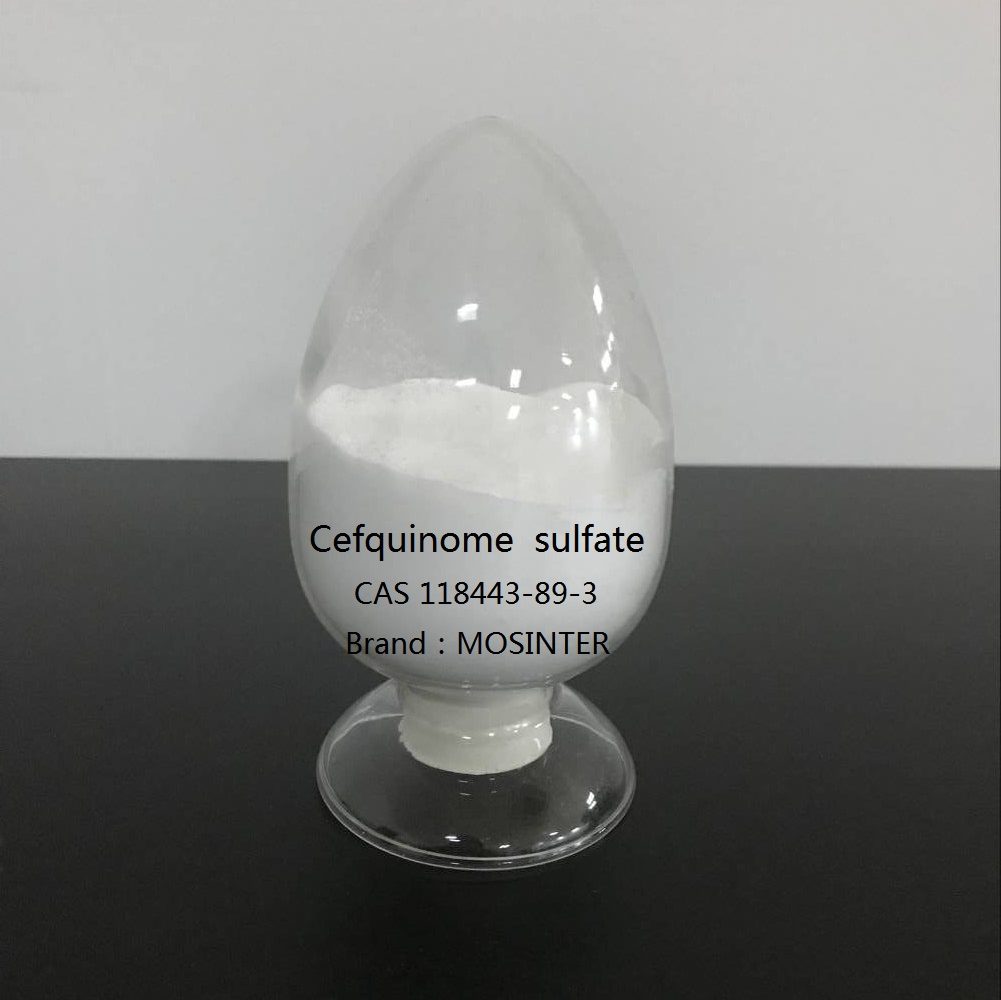
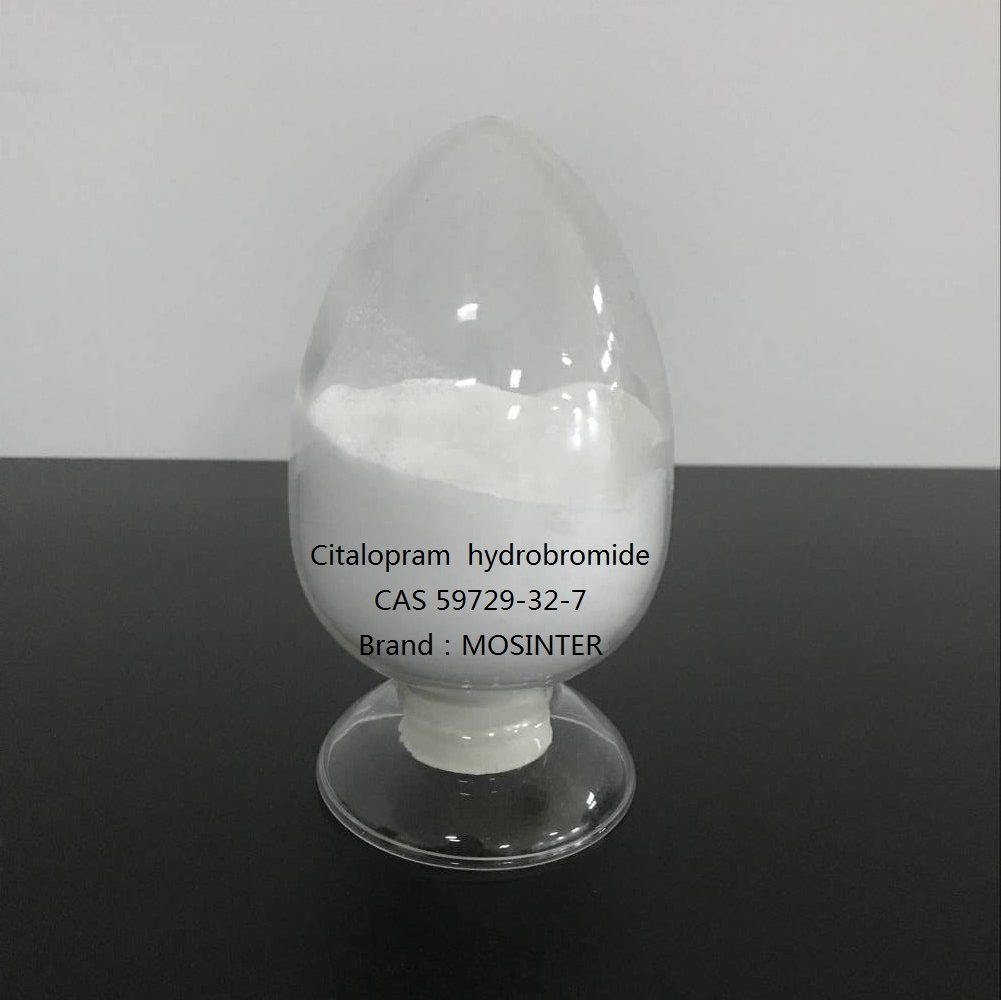
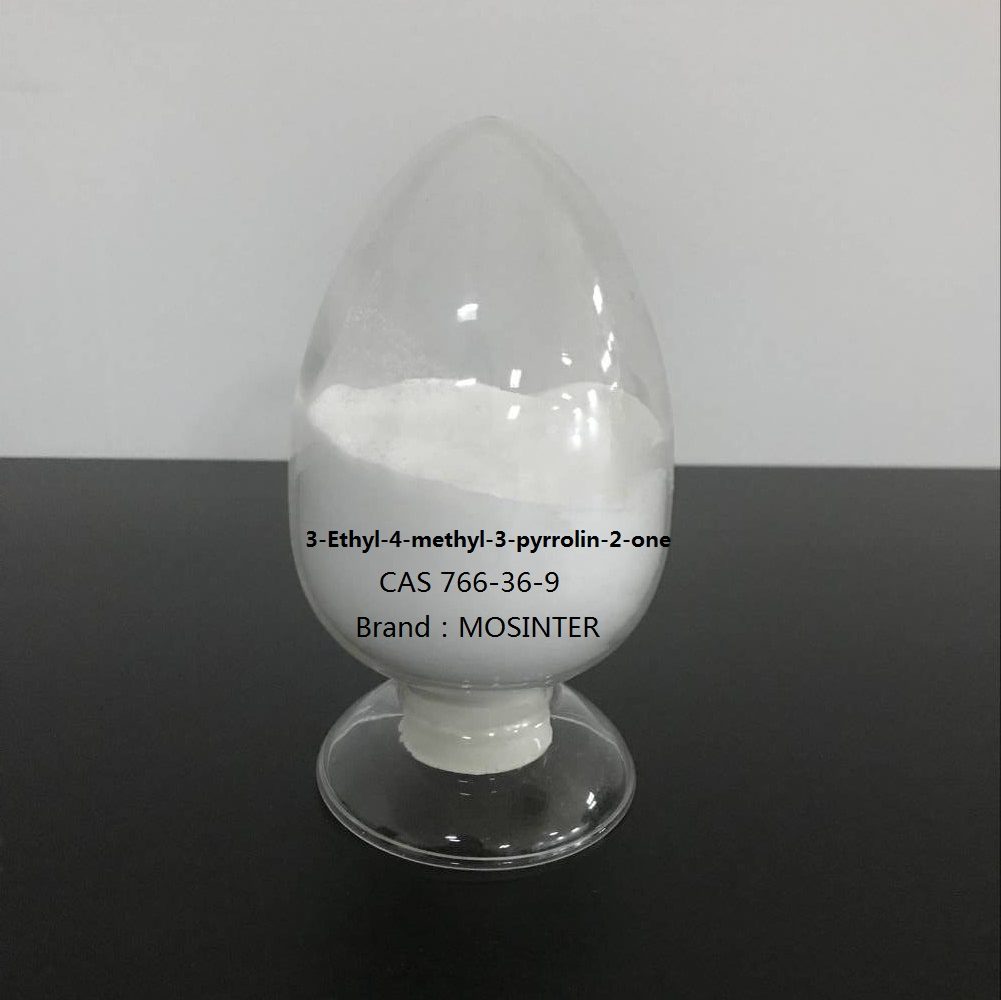
Reviews
There are no reviews yet.